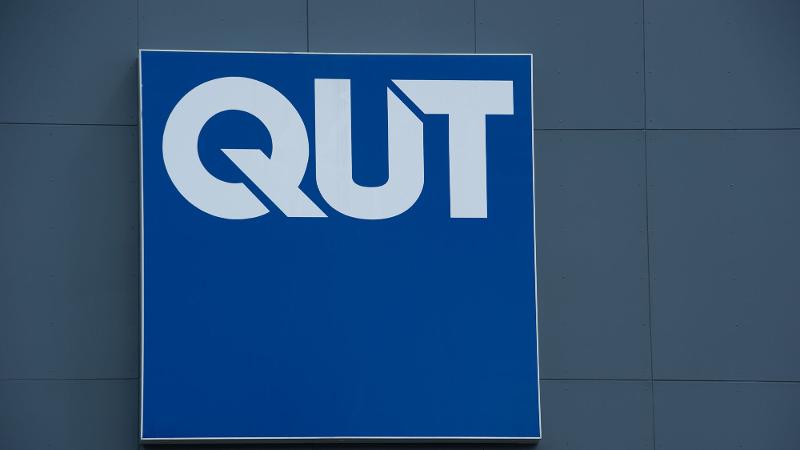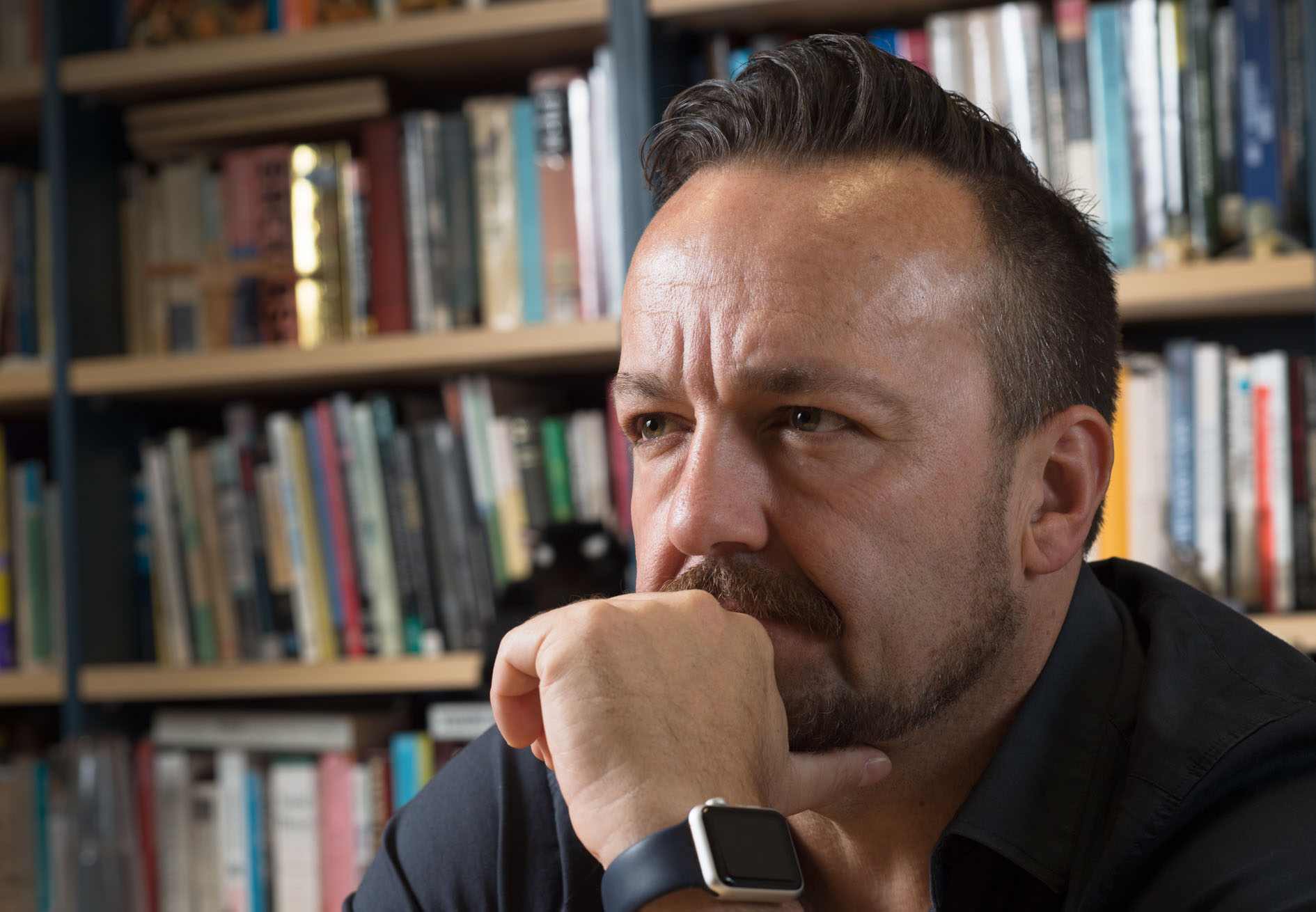
A reduction in harmful alcohol consumption, drugs, violence and crime are among outcomes of 10 years of the Cape York Income Management program, a strategic review of the program by QUT School of Justice researchers has found.
Income management was one measure in the Cape York Welfare Reform (CYWR) initiative implemented in 2008 to address passive dependence on welfare and commit people to resume primary responsibility for their families in Aurukun, Coen, Hope Vale and Mossman Gorge, said QUT Professor John Scott, who led the report.
“The review was conducted in the light of Cape York communities looking to make a decision about moving to new arrangements based on an empowerment/development model,” Professor Scott said
“It will help inform decisions on the future of welfare quarantining in Cape York and the role current income management practices could have in any future models.”
Professor Scott said the Cape York Income Management (CYIM) program was unique.
“It is delivered by local commissioners from the Family Responsibilities Commission (FRC), a factor that sets it apart from other income management programs in Australia,” he said.

“This delivery model is more culturally appropriate and we found evidence it can promote the restoration and rebuilding of Indigenous authority and is uniquely matched to the individual circumstances of FRC clients.
“We noted that relatively few FRC clients had ever been subject to a CYIM order – at its peak in 2008-2009 20 per cent of FRC clients were placed on an order and that figure declined every year to 7.7 per cent in 2017 to 2018.”
Professor Scott said the CYIM model had inbuilt flexibility which allowed it to be tailored for each person.
“We found that as well as reduced alcohol and drug use, children’s school attendance and overall health and well-being had improved,” he said.
“Taken together the CYWR, CYIM and FRC had contributed to improved social capital with some members of the communities reporting they felt more empowered to make positive changes in their own lives and act as role models for their families.
“These factors may offer useful lessons when considering any future rollout of the model, or similar models in Cape York and elsewhere.”
QUT Media contacts:
Niki Widdowson, 07 3138 2999 or n.widdowson@qut.edu.au
After hours: Rose Trapnell, 0407 585 901 or media@qut.edu.au.




